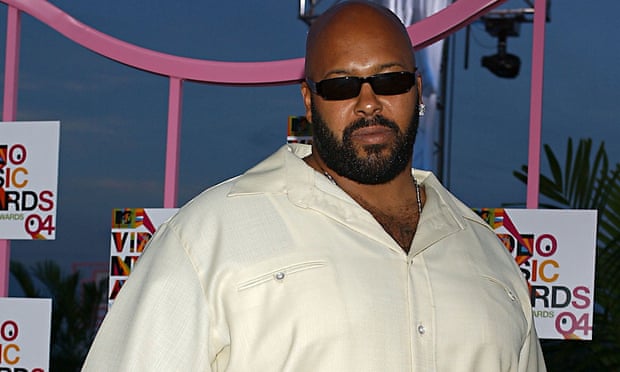The activist work of the victims of the alleged homicide, like the
rebuilding of Compton itself, throw into bold relief the fact that
hip-hop has moved on
angsta rap is dead. In fact, it’s been dead for a good while now. But
nothing signals the demise of the genre and its influence on American
popular culture more than the recent alleged vehicular homicide involving Marion “Suge” Knight.
In the early to mid-1990s, Knight was one of the most feared figures
in the music industry. I remember being part of the Philadelphia media
core that had an opportunity to interview him on one of his rare trips
to the City of Brotherly Love. In the moments preceding what would be
his fairly understated entrance into the room where we were interviewing
him, you could smell the fear in the atmosphere. The local journalists
had read the stories and heard the rumours.
Knight was not to be “fucked with” and the quiet understated nature of
the ensuing group interview reflected his intimidating stature in the
world of pop culture.
But that was the mid-90s. In the new millennium, gangsta rap has been
displaced (and in some ways erased) by the kind of affective rap
popularised by artists like Drake and Macklemore. And the most popular figure from Compton, California, is not Ice Cube, Dr Dre, Knight or even The Game; it’s Kendrick Lamar.
Compton is not the Compton that Dre, Cube, Knight and others put on the
proverbial map of American inner-city decline and danger. Today the
city, lead by an innovative 32-year-old mayor Aja Brown, has declining crime and unemployment rates, complemented by a resurgence in business interests and investments.
What drew Lamar, Cube, Dre, Knight and others to Compton during the
week of the killing was the production of a commercial for a
feature-length film, Straight Outta Compton.
The film chronicles the early days of NWA and the heyday of the kind of
art-reflects-art-reflects-reality ethos that dominated that period in
hip-hop. Early buzz indicates it will be a major contribution to the
biopic subgenre in hip-hop film – but its very production also signals
the outdated and outmoded ways of being – in the hip-hop world at least –
signalled by the likes of former mogul Knight.
While his thuggish ways distinguished him in the world of gangsta rap
– helping to produce millions of record sales and generating media
attention that in turn produced more record sales – since the unsolved
murders of Tupac Shakur and Biggie Smalls, hip-hop culture and the music
industry that continues to profit from it has changed. It has moved on
from the sensibility that unchecked violence in the music has no
consequences in reality. It has; and it always did – and whenever this
kind of behaviour emerges or when people stumble from the tightrope
between hood life and the life of a rap artist, the results can be
fatal.
Knight will have his day in court. He will likely have a very good
lawyer. Early reports on the incident in question suggest Knight was
allegedly involved in some kind of scuffle with several men outside a
fast food restaurant. The deceased, Terry Carter, was an activist who
many say was involved in providing support and direction for young men
trying to avoid or emerge from lives of crime and gang violence. Cle
“Bone” Sloan, who was also allegedly struck by Knight and is expected to
survive, is the reformed gang member-turned filmmaker behind the
powerful HBO documentary Bastards of the Party.
The activist work of Knight’s alleged victims, much like the film
Straight Outta Compton, or the emergence of an artist like Lamar, or the
revitalisation efforts in Compton, put into bold relief the fact that
hip- hop, much like urban America broadly construed, has moved on from
its ultra-violent past.
That’s not to say that drugs, violent crime or gangsterism has been
completely eradicated either in our communities or in the music of
hip-hop, but we have certainly moved on from the unchecked celebration
of it, and some of the very same folks who were bangin’ in the 90s are
helping to save young people in the streets today. It’s a shame that
even as they engage in that work, hip-hop’s past can come back to run
them down.

No comments:
Post a Comment